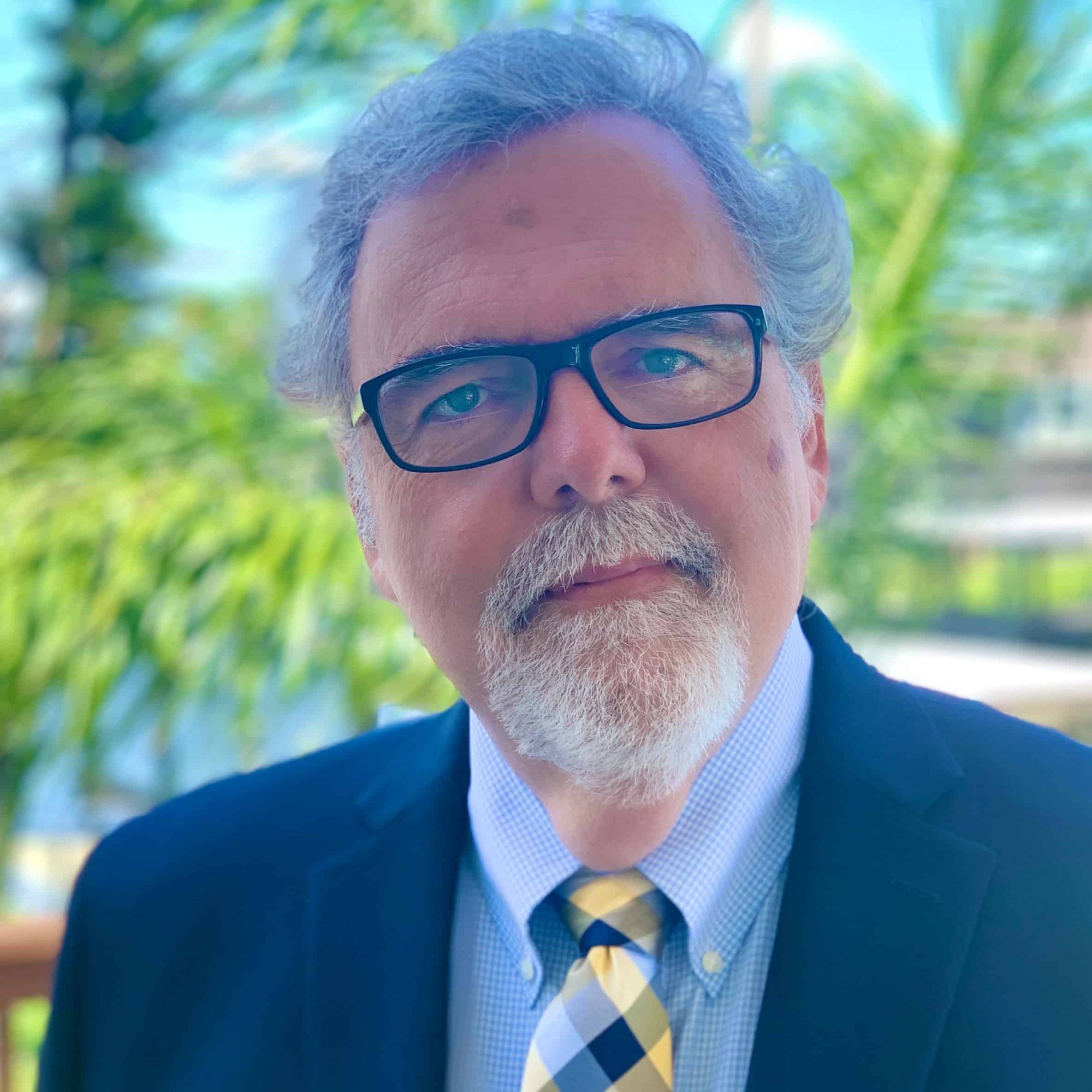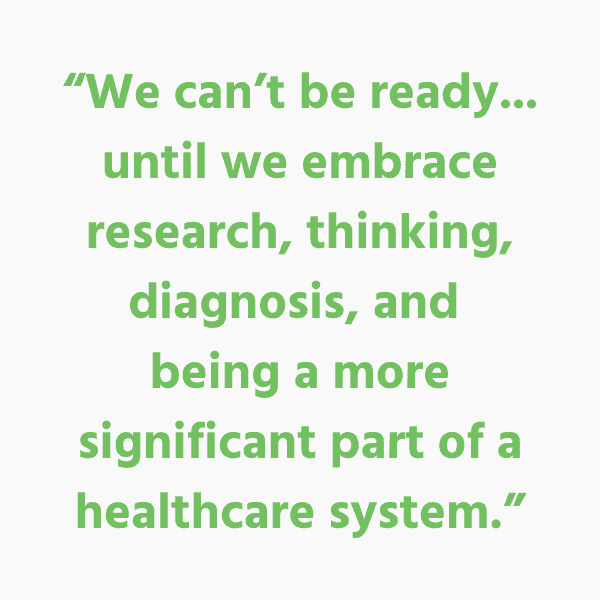
Limmer Education

by Dan Limmer, BS, NRP
Our articles are read by an automated voice. We offer the option to listen to our articles as soon as they are published to enhance accessibility. Issues? Please let us know using the contact form.
The Education Committee of the National Association of EMS Physicians (NAEMSP) recently released a document entitled, “EMS Curriculum Should Educate Beyond a Technical Scope of Practice: Position Statement and Resource Document.”
My first reaction after reading the title was, well, “Duh!” Of course we should.
It takes some reading into the document to get to the point—and the document as a resource is scant. If I were to convert the paper to the abridged, condensed, straight-speaking version, it would sound like this:

EMS education is doing better, but some bottom-feeding programs are still dragging us down.
There are inequalities in access to quality education in rural areas when compared to urban/suburban areas. Our rural providers spend a long time with a critical patient and deserve outstanding education.
Issues with race, equality, and inclusion aren’t limited to police. These are significant issues for EMS now—and they will be more prominent in the future. This includes access to care, perceptions during EMS assessment and care, and research which explores all the people we serve.
Educating beyond a technical scope is best supported in the paper when it discusses Mobile Integrated Healthcare, transport to alternate destinations, and yes, even lift assists. Many don’t believe that paramedics can determine if a patient needs transportation (also known as treat and street). Physicians know that the decision to admit or send home is one of the most challenging. We can’t be ready for that until we embrace research, thinking, diagnosis, and being a more significant part of a healthcare system (with degreed paramedics) rather than a public safety island.
And in a continuation of the bullet point above, the paper took a polite dance around the people who don’t believe paramedic should be a degree program (hint: think Maltese cross). This particular 800-pound gorilla in the public safety field would gladly accept federal and insurance cash for mobile integrated healthcare in their service areas but doesn’t want to support the degree necessary to provide the required decision-making in that situation. If we ask why there are substandard programs out there, look no further. As long as there is a demand for quick, easy paramedics, someone will be there to supply them.
Maybe this was a bit hyper-frank. There is good out there. If you are an old dog like me, you’ve seen many changes for the good in EMS. There is more to come—but it never happens as quickly as we want it. We will eventually get to paramedic being a degree program. We will be a more meaningful part of the healthcare system. Our EMTs and AEMTs will be better trained in longer courses to do more—and this will help our rural agencies.
These changes will at least hold us over until the drone flying, chip embedding, remote control EMS system described in the EMS Agenda 2050 comes to fruition. Hello…George Jetson?

Limmer Education